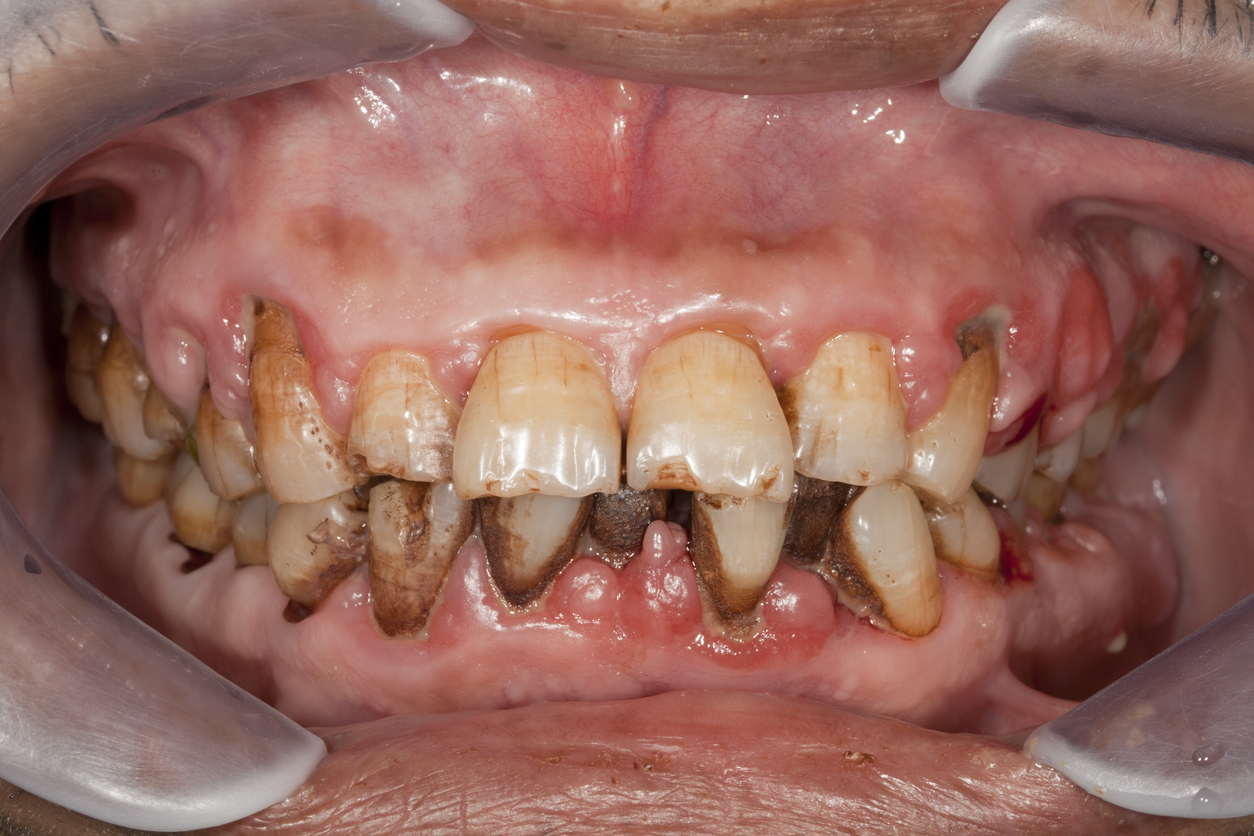Emerging research indicates that electronic cigarettes pose significant risks to oral health, contributing to tooth damage through multiple biological mechanisms. While often perceived as safer than smoking, vaping introduces unique threats to teeth and gums.
Primary Mechanisms of Dental Damage
- Reduced Blood Flow: Nicotine causes vasoconstriction, severely limiting blood flow to gum tissue. This impairs healing, increases susceptibility to infection, and accelerates periodontal disease progression – a major contributor to tooth loss.
- Xerostomia (Dry Mouth): Propylene glycol (PG) and glycerin (VG) base solutions attract water molecules, significantly reducing saliva production. Saliva is crucial for neutralizing acids, remineralizing enamel, and washing away food debris and bacteria. Chronic dry mouth dramatically increases cavity risk and fosters bacterial plaque accumulation.
- Enamel Erosion: Many e-liquids, especially sweet/fruity flavors, are highly acidic. Low pH environments directly demineralize tooth enamel, softening the protective surface and making teeth vulnerable to decay and sensitivity. Citric acid and malic acid in flavorings are primary culprits.
- Increased Biofilm Adhesion: VG, a thick humectant found in most e-liquids, coats oral surfaces. This sticky residue enhances bacterial biofilm (plaque) adhesion to teeth and around the gumline, promoting decay and gingivitis.
Associated Oral Health Consequences
Gum Recession & Inflammation: Nicotine restricts nutrient delivery to gingival tissues while bacterial buildup triggers inflammation. This combination often leads to painful, bleeding gums and recession, exposing sensitive tooth roots.

Elevated Caries Risk: Dry mouth, increased plaque retention, and frequent acidic exposure create an ideal environment for Streptococcus mutans and other acid-producing bacteria, leading to aggressive tooth decay.
Tooth Sensitivity: Enamel erosion and gum recession expose dentin, causing sharp pain when consuming hot, cold, or sweet foods/drinks.
Oral Lesions & Irritation: Some flavoring compounds, like cinnamaldehyde, can be cytotoxic to oral mucosal cells, potentially leading to mucosal lesions.
Grinding (Bruxism): Nicotine is a stimulant. Heavy usage may contribute to unconscious teeth grinding, causing enamel wear, fractures, and jaw pain.
Behavioral Factors
Frequent, prolonged vaping sessions continuously bathe teeth in the aerosol cocktail, prolonging acid attacks and bacterial exposure compared to traditional smoking. High-nicotine devices may also exacerbate vasoconstriction.
Key Conclusion
Vaping is not a safe alternative for oral health. It actively promotes tooth decay, gum disease, enamel erosion, and related pathologies through chemical, biological, and behavioral pathways. Discontinuing all nicotine products offers the greatest protection for teeth and gums.







